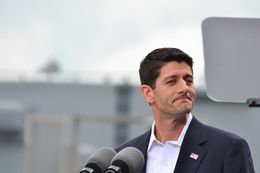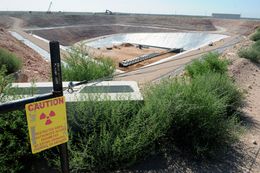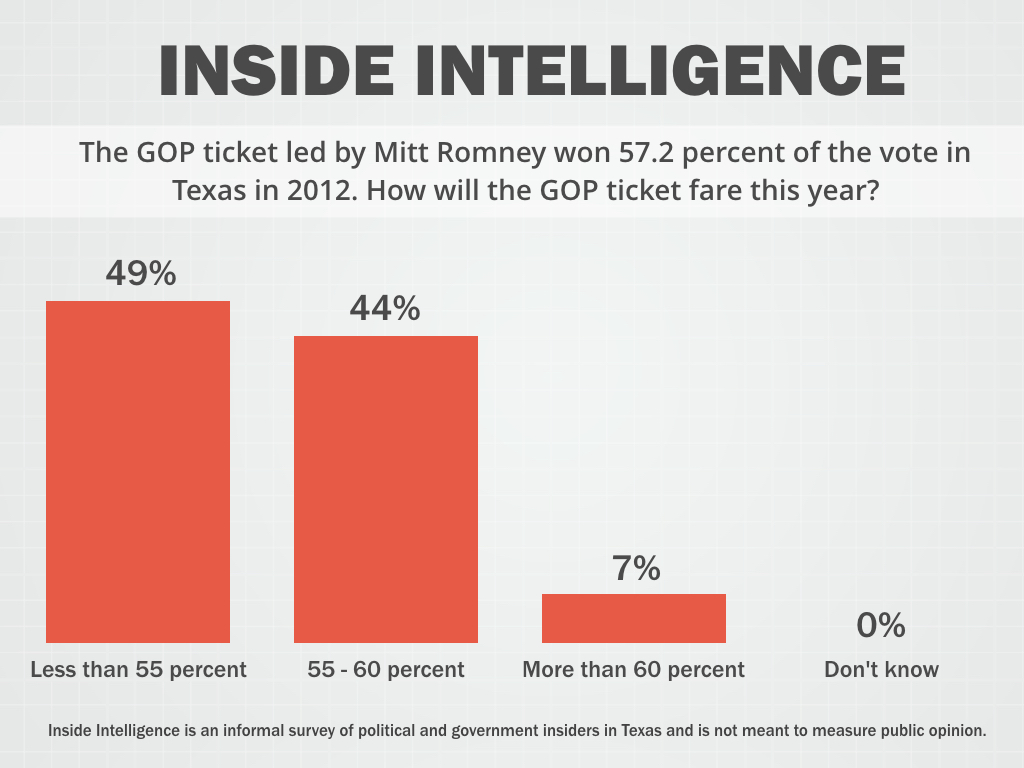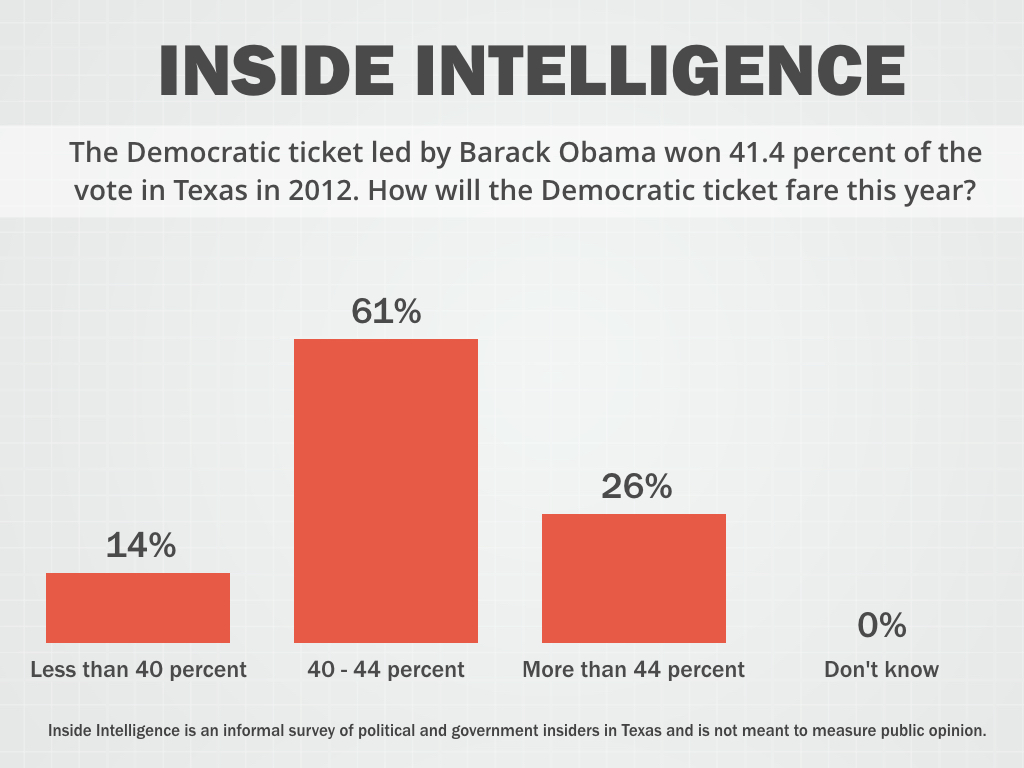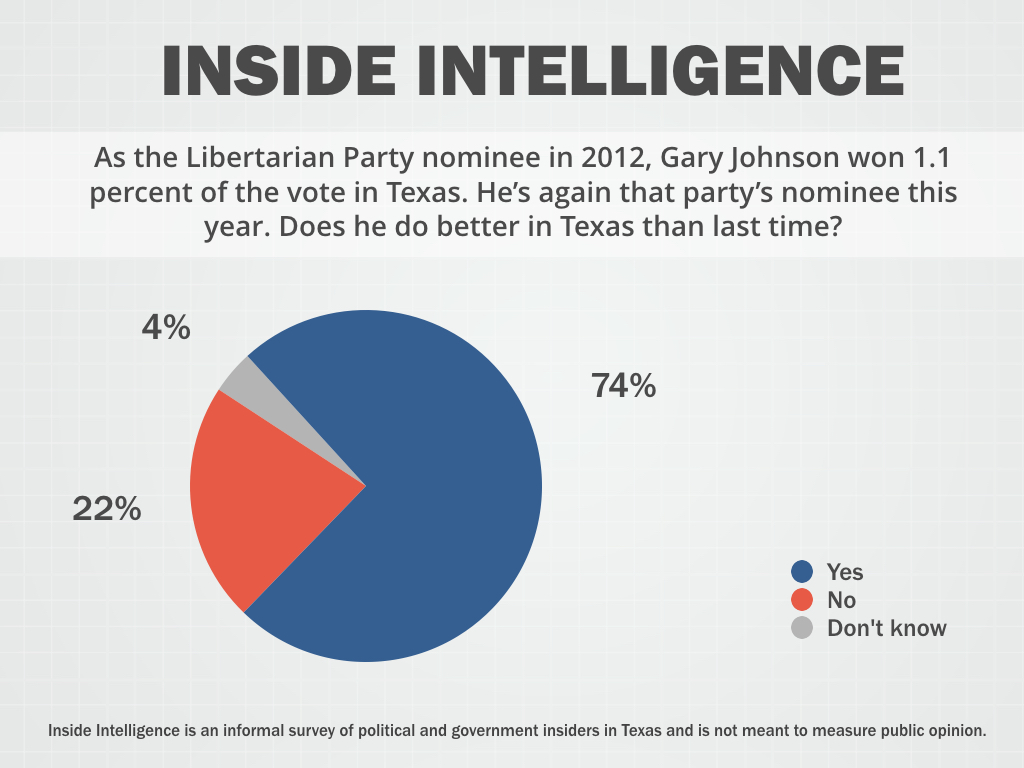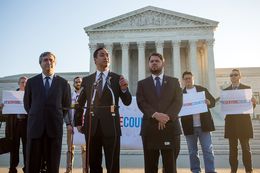
House Minority Leader Nancy Pelosi appointed Texas U.S. Rep. Joaquin Castro on Wednesday to the one of the most sensitive posts in the Congress: a seat on the House Intelligence Committee.
The U.S. House Permanent Select Committee on Intelligence provides oversight of the federal government's sprawling intelligence apparatus, which includes the Central Intelligence Agency.
The Pelosi decision shows confidence in the San Antonio sophomore.
Many committee assignments are based on member's professional backgrounds, fundraising capacity and geography. But the decision-making behind intelligence is often based on whom leadership believes can be trusted with sensitive information.
Pelosi is herself a veteran of the committee, and takes a particular interest in the issue. In 2014, she considered Castro as a finalist to run the House Democratic campaign arm, but ultimately chose another Democrat.
Castro currently serves as a lieutenant to U.S. House Minority Whip Steny Hoyer's vote-counting operation on the House floor. He will take a leave of absence from the House Armed Services Committee to serve on the Intelligence Committee, according to a Pelosi statement.
"Joaquin Castro has shown himself to be an outstanding leader on the national security issues before America today,” Pelosi said.
“On the House Armed Services Committee and the House Committee on Foreign Affairs, Congressman Castro has consistently displayed the strength of his judgment, the depths of his expertise, and the power of his commitment to the brave men and women who keep our country safe."
*****
U.S. Sen. Ted Cruz this week named a new chief of staff on Wednesday — David Polyansky, the senior political and communications adviser for Cruz's presidential campaign.
He replaces Paul Teller, who had held the post of chief of staff since 2014.
The Tribune’s Abby Livingston reported that installing the campaign’s senior adviser in his Senate office “was an early step in Cruz's plan to make another run for the presidency.”
Polyansky worked for Wisconsin Gov. Scott Walker's short-lived 2016 presidential bid before joining the Cruz campaign. He previously advised Joni Ernst's 2014 U.S. Senate campaign in Iowa, Oklahoma Gov. Mary Fallin's re-election bid and Mike Huckabee's 2008 presidential campaign.
Of Teller, Livingston wrote, “While Teller will no longer work in Cruz's Senate office, Cruz is still retaining him as part of his larger political operation. Teller will take on a ‘senior leadership role at a recently established organization that will strengthen and promote conservative principles across the country,’ according to a news release.”
*****
A week after Cruz went two-for-four with his endorsed candidates in various primary contests around the country, the Texas senator announced another high-profile endorsement Tuesday.
Receiving the nod today is Tim Huelskamp, a Kansas congressman first elected to the U.S. House in 2010 as part of that year’s Tea Party wave election.
He’s facing a challenge in that state’s Aug. 2 party primary from obstetrician Roger Marshall.
In a statement, Cruz said, “On the issues that matter most to conservatives — protecting innocent life, cutting out-of-control spending, and fighting to repeal Obamacare, just to name a few — I have been able to count on Tim’s principled, conservative leadership. That’s why I’m proud to endorse Tim’s campaign for re-election and encourage the men and women of the Sunflower State to send him back to Congress to continue fighting for jobs, freedom, and security for Kansans and all Americans.”
Huelskamp, who is chairman of the House’s Tea Party Caucus, endorsed Cruz for president in February.


